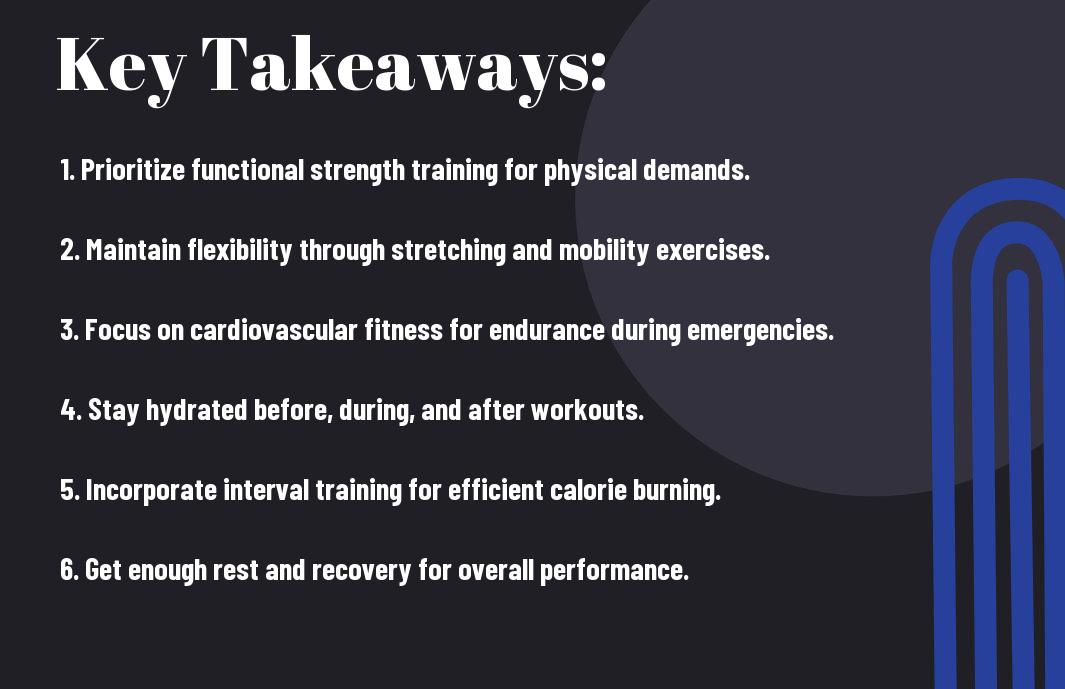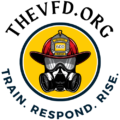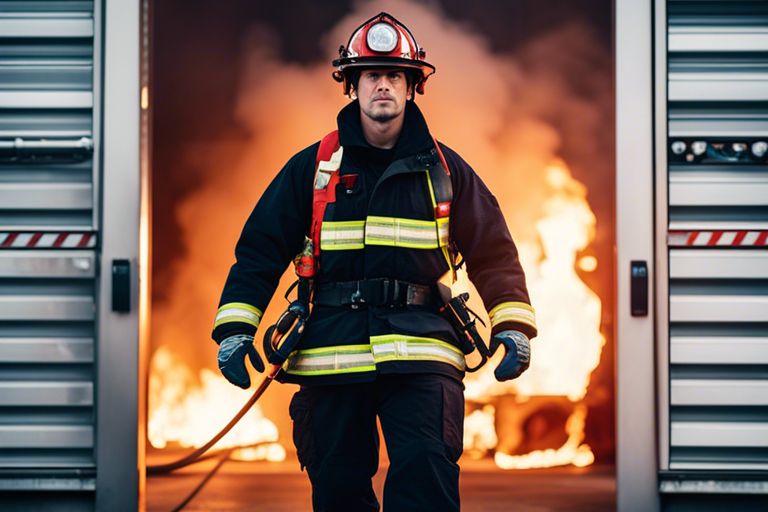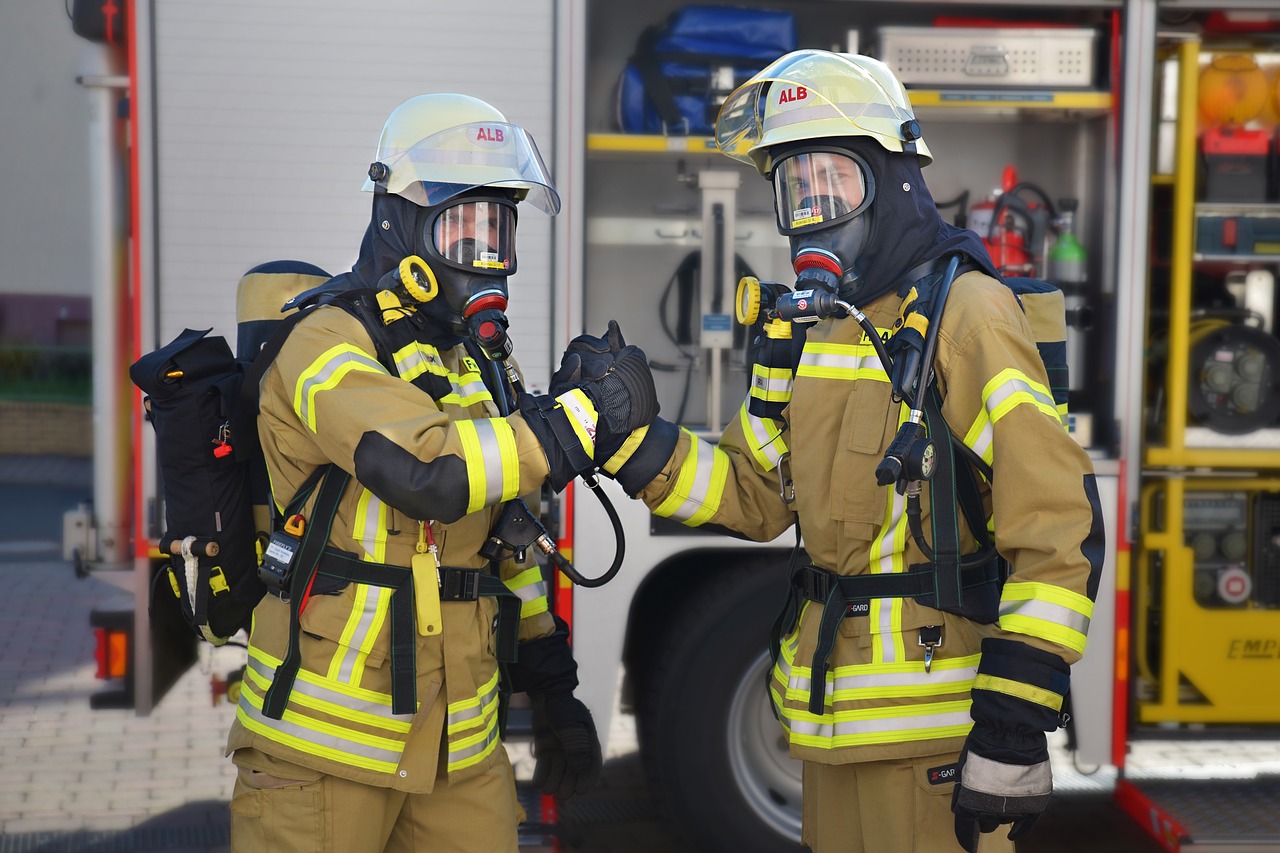It’s crucial for you as a volunteer firefighter to prioritize your physical fitness to perform effectively in high-pressure emergency situations. Here are 10 vital fitness tips tailored specifically for your demanding role. Incorporate these tips into your routine to enhance your strength, stamina, and overall well-being as you bravely serve your community.
Stay Hydrated Always
Your health and performance as a volunteer firefighter are greatly influenced by how well you stay hydrated during workouts and emergency responses. Hydration is crucial for maintaining your energy levels, focus, and overall well-being. As a firefighter, you are constantly exerting yourself, and dehydration can lead to decreased performance, fatigue, and even heat-related illnesses.
Drink plenty of water
An easy way to ensure you are staying hydrated is by drinking plenty of water throughout the day. Water is crucial for regulating your body temperature and transporting nutrients to give you the energy you need during intense situations. Make it a habit to carry a water bottle with you and take regular sips to prevent dehydration.
Avoid sugary drinks
While it may be tempting to reach for energy drinks or sodas to give you a quick boost, drinks high in sugar can actually dehydrate you further and lead to a crash in energy levels. Instead, opt for drinks that hydrate you without all the added sugars, like electrolyte-enhanced water or coconut water to replenish lost minerals and stay hydrated.
Build Core Strength
Clearly, as a volunteer firefighter, having a strong core is crucial for maintaining overall fitness and health. Your core muscles are crucial for supporting your spine, improving balance, and preventing injuries during physically demanding tasks. Here are some tips to help you build core strength effectively:
Focus on planks and sit-ups
The cornerstone of a strong core routine is planks and sit-ups. Planks engage multiple muscle groups simultaneously and help improve your core stability. Start by holding a plank for 30 seconds and gradually increase the duration as you get stronger. Sit-ups are great for targeting your abdominal muscles, but make sure to perform them with proper form to avoid strain on your lower back.
Incorporate weightlifting exercises
Focus on incorporating weightlifting exercises such as deadlifts, squats, and overhead presses into your fitness routine to further enhance your core strength. These compound movements not only work your core muscles but also engage other muscle groups, providing a full-body workout. Make sure to use proper form and start with lighter weights before progressing to heavier ones to prevent injuries and maximize results.
Strength training with weights can significantly improve your overall performance as a firefighter by increasing your muscle mass, power, and endurance. By challenging your muscles with resistance, you are not only building a stronger core but also reducing the risk of injuries during emergencies and physically demanding situations. Remember to always prioritize safety and proper form when incorporating weightlifting exercises into your fitness routine.
Improve Cardiovascular Endurance
It is crucial for volunteer firefighters to maintain good cardiovascular endurance to handle the physical demands of the job. You can find more information on how crucial physical fitness is for firefighters in an article on Physical Fitness for Volunteer Firefighters.
Run or jog regularly
Cardiovascular endurance is best improved through consistent cardiovascular exercise like running or jogging. Incorporating a routine of running or jogging into your weekly schedule can help strengthen your heart and lungs, allowing you to endure the rigors of firefighting more effectively.
Incorporate high-intensity intervals
Regularly incorporating high-intensity intervals into your cardiovascular workouts can help you push your limits and improve your overall endurance. By alternating between periods of intense effort and rest, you can boost your cardiovascular fitness, making you more efficient at handling the demanding tasks that come with being a volunteer firefighter.
High-intensity interval training can help you improve not only your cardiovascular endurance but also your anaerobic fitness, which is crucial for short bursts of intense activity often required in firefighting situations. Incorporating this type of training into your routine can enhance your overall performance and readiness as a volunteer firefighter.
Increase Flexibility
Unlike Fitness Tips For Firefighters, as a volunteer firefighter, it’s crucial to focus on increasing your flexibility. This not only helps prevent injuries but also improves your overall performance during emergency situations.
Stretch before and after exercise
The key to improving flexibility is through regular stretching. Before and after each workout, take the time to stretch major muscle groups such as your hamstrings, quadriceps, and shoulders. Hold each stretch for at least 30 seconds and remember to breathe deeply to allow your muscles to relax and elongate.
Incorporate yoga or Pilates
You’ll find that incorporating yoga or Pilates into your fitness routine can significantly enhance your flexibility. These practices focus on stretching and strengthening muscles while also improving balance and coordination. Plus, they help you develop better body awareness and control, which are vital for firefighters who often find themselves in physically demanding situations that require quick reflexes and agile movements.
Eat a Balanced Diet
Now, as a volunteer firefighter, it is crucial to fuel your body with the right nutrients to keep up with the demands of your physically challenging role. A balanced diet plays a significant role in your overall health and performance.
Focus on whole foods and fruits
On your journey to maintaining a balanced diet, focus on incorporating whole foods and fruits into your meals. These foods are full of necessary vitamins, minerals, and antioxidants that can help your body function optimally. Make sure to include a variety of colorful fruits and vegetables in your diet to ensure you are getting a wide range of nutrients.
Avoid processed and high-sugar foods
processed As far as your diet, it’s necessary to avoid processed and high-sugar foods as much as possible. These foods can lead to inflammation, weight gain, and energy crashes, which can hinder your performance as a firefighter. Instead, opt for whole grains, lean proteins, and healthy fats to keep your energy levels stable throughout the day.
It is crucial to pay attention to food labels and avoid foods that are high in added sugars, trans fats, and artificial ingredients. These can have a negative impact on your health and may increase your risk of chronic diseases in the long run. Focus on nourishing your body with real, whole foods to support your overall well-being.
Get Enough Sleep
Aim for 7-8 hours of sleep
Not getting enough sleep can have a significant impact on your overall health and performance as a volunteer firefighter. Your body needs time to rest and recover from the physical and mental demands of the job. Aim to get 7-8 hours of quality sleep each night to ensure that you are well-rested and ready to respond to emergencies effectively.
Establish a bedtime routine
Clearly, having a bedtime routine can help signal to your body that it is time to wind down and prepare for sleep. Little things like turning off electronic devices, taking a warm bath, or reading a book before bed can help relax your mind and body, making it easier to fall asleep. Creating a calming environment in your bedroom, such as keeping it dark and cool, can also improve your sleep quality.
Plus, sticking to a regular sleep schedule, even on your days off, can help regulate your body’s internal clock and make it easier to fall and stay asleep throughout the night. Consistency is key when it comes to getting the rest your body needs to function at its best as a volunteer firefighter.
Incorporate Functional Training
For volunteer firefighters, incorporating functional training into your fitness routine can greatly improve your overall performance and preparedness for the physical demands of firefighting. Functional training focuses on exercises that mimic movements you would perform during emergencies, helping you develop the strength, endurance, and flexibility needed to effectively respond to crisis situations.
Practice simulated firefighting exercises
Little can simulate the physical challenges of firefighting better than practicing simulated exercises that mirror real-life scenarios. This type of training can involve dragging hoses, carrying equipment up stairs, and rescuing victims to help you build the specific muscles and skills required for the job. By regularly incorporating these types of exercises into your workout routine, you can enhance your response time, increase your stamina, and improve your overall firefighting performance.
Incorporate obstacle course training
Obstacle course training is another effective way to replicate the unpredictable and challenging conditions faced during firefighting operations. These courses often involve crawling, climbing, jumping, and carrying heavy objects, which can test your agility, strength, and mental fortitude. By including obstacle course training in your fitness regimen, you can better prepare yourself for the physical obstacles you may encounter during emergency situations.
Firefighting requires individuals to navigate through confined spaces, uneven terrain, and obstacles in high-stress environments. By incorporating obstacle course training into your routine, you can improve your coordination, balance, and problem-solving skills – all vital qualities for a successful firefighter.
Reduce Stress
Practice stress-reducing techniques
After a long day of responding to emergencies, it’s important to take care of your mental well-being. Stress can have a negative impact on your health and job performance. To combat stress, try incorporating relaxation techniques into your daily routine. Practicing mindfulness, deep breathing exercises, or yoga can help you unwind and focus on the present moment. These activities can help you relax and recharge, making you better prepared for the next call.
Take breaks during long shifts
With the unpredictable nature of firefighting, you may find yourself on long shifts without much time to rest. It’s crucial to prioritize your health and well-being by taking breaks when possible. Even short breaks can help you recharge and stay focused when your energy levels are running low. Recall, taking care of yourself is crucial to being able to effectively serve your community.
Reduce the risk of burnout and improve your performance by allowing yourself short breaks during long shifts. These breaks can help you stay alert and make better decisions when responding to emergencies.
Make Fitness a Habit
Schedule workouts into daily routine
Keep your fitness goals on track by scheduling regular workouts into your daily routine. Whether it’s in the morning before your shift or in the evening after work, setting aside time dedicated to exercise will help you stay consistent and make progress towards your fitness objectives.
Find a workout buddy for motivation
Daily exercise can be challenging to maintain on your own, so consider finding a workout buddy to help keep you motivated. Having someone to hold you accountable and push you to your limits can make all the difference in staying committed to your fitness regimen. Plus, working out with a partner can make the experience more enjoyable and help you both achieve your fitness goals faster.
A workout buddy can provide the necessary motivation and support to keep you on track with your fitness goals. Having someone to share your progress with and celebrate your achievements can boost your morale and make the fitness journey more enjoyable. Additionally, working out with a partner can increase your safety during exercises that require supervision or assistance, reducing the risk of injuries.

To wrap up
With this in mind, incorporating the ten fitness tips discussed can significantly improve your overall health and readiness as a volunteer firefighter. By staying consistent with your workout routine, maintaining a balanced diet, staying hydrated, getting enough rest, and prioritizing mental health, you can effectively enhance your performance during emergency situations and reduce the risk of injuries.
Recall, your physical and mental well-being directly impacts your ability to help others in times of need. By making your health a priority and implementing these fitness tips into your everyday life, you are not only investing in yourself but also in your ability to serve your community effectively as a volunteer firefighter.



